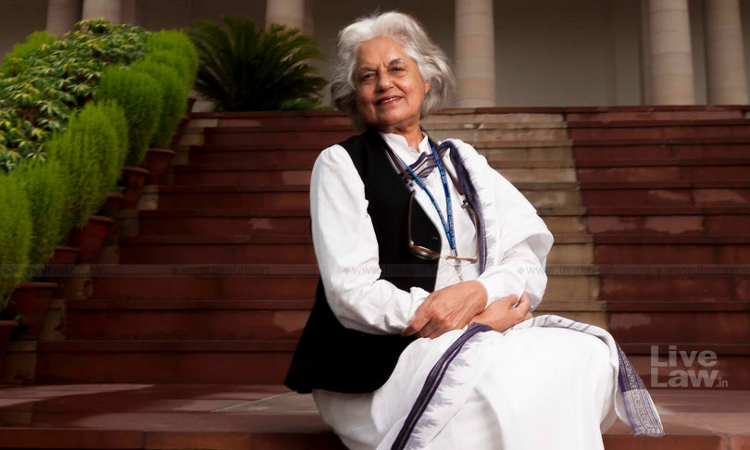Eliminate Derogatory Tendencies Towards Women In Courts: Indira Jaising Writes To CJI
Indira Jaising
8 March 2019 8:39 PM IST

Next Story
8 March 2019 8:39 PM IST
To the Chief Justice of India March 8, 2019 Dear Sir, The profession of advocacy relies heavily on the power of language, its interpretation, and its socio- political baggage. Language is our weapon and shield, we...
